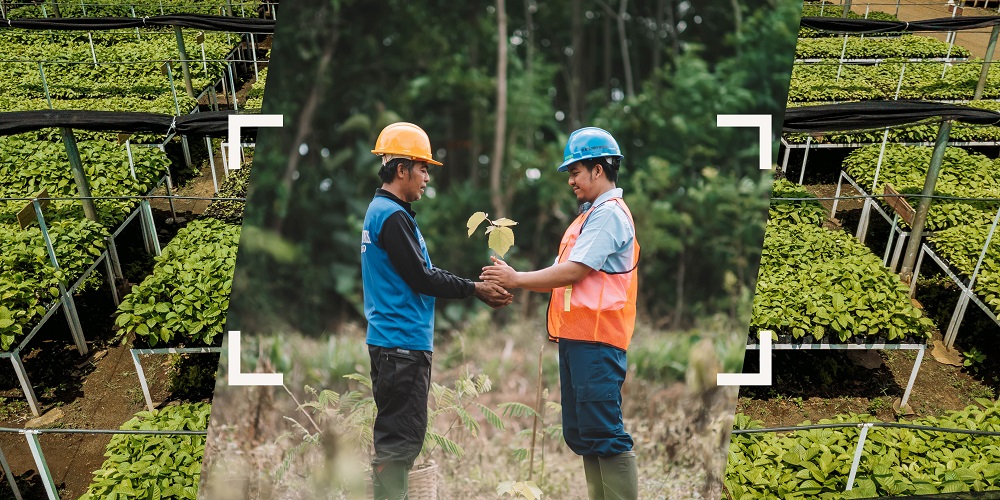Probolinggo - PT Kutai Timber Indonesia's journey began in 1970, when Indonesia was opening up to foreign investment to develop its natural resources. Established through a joint venture between Fa. Kaltimex Jaya and Sumitomo Forestry Co., Ltd., KTI began operations with a focus on managing a 50,000-hectare natural forest concession in East Kalimantan.
In its first decade, KTI successfully built a reputation as an exporter of high-quality timber. However, in line with government policies to increase the added value of forest products, KTI adapted quickly. 1973 marked an important turning point when the company decided to build a plywood processing plant in Probolinggo, East Java.
In the 1980s and 1990s, KTI continued to expand its operations. Not only did the company increase its plywood production capacity, but it also diversified its product offerings. In 1992, the company achieved a major milestone with the establishment of a woodworking division, followed by the construction of a particleboard factory in 2008.
"Surviving for 50 years is not easy; to achieve this, we have had to work hard to adapt to changing circumstances and market needs," said Mr. Mohamad Zubair, Executive Officer of PT KTI.
KTI's commitment to innovation and sustainability is key to its success. The company not only focuses on production efficiency but is also actively engaged in responsible forest management practices. One example of this commitment is the planting of several species of pine trees at KTI's former HPH site in Sebulu, which remain visible today.
KTI's journey has not always been smooth. The Asian economic crisis in the late 1990s and global market fluctuations posed major challenges. However, with adaptive strategies and a focus on operational efficiency, KTI successfully navigated these difficult times.
Today, at 54 years old, PT Kutai Timber Indonesia stands as a leading example in the national timber industry. With integrated modern production facilities, including plywood, particleboard, and woodworking factories, KTI continues to lead the industry.
Looking ahead, KTI is committed to continuous innovation with an emphasis on environmentally friendly products, energy efficiency, and alternative raw material development. As stated in the company's code of conduct, KTI is dedicated to "excellence and sustainability," contributing to a prosperous and sustainable society through the use of wood that is safe and environmentally friendly

.jpg)
